My aim is to improve future perspectives for patients with schizophrenia and other complex brain disorders. I am an optimist and see many possibilities for improvement, based on new knowledge from basic research, performed by my group and others. Special emphasis is put on prevention and personalized medicine. I have broad interest in methods like imaging, post-mortem analyses, epidemiology and treatment studies. So far I have pursued my goal in three ways:
My methods to better understand common symptoms of complex brain disorders are broad and include various brain imaging techniques (EEG, MEG, DTI, fMRI, sMRI, MRS, PET), phenomenology, epidemiology, focal brain stimulation (rTMS, tDCS), (epi)genetics, immuno-histochemy and proof of concept studies. I have made important progress in the understanding hallucinations. In addition, my group recently developed a biomarker based on analysis of spontaneous speech, to be used for diagnosis, prognosis and treatment monitoring.

professor of cognitive aspects of neurological and psychiatric disorders
psychosis, hallucinations, transdiagnostic symptoms
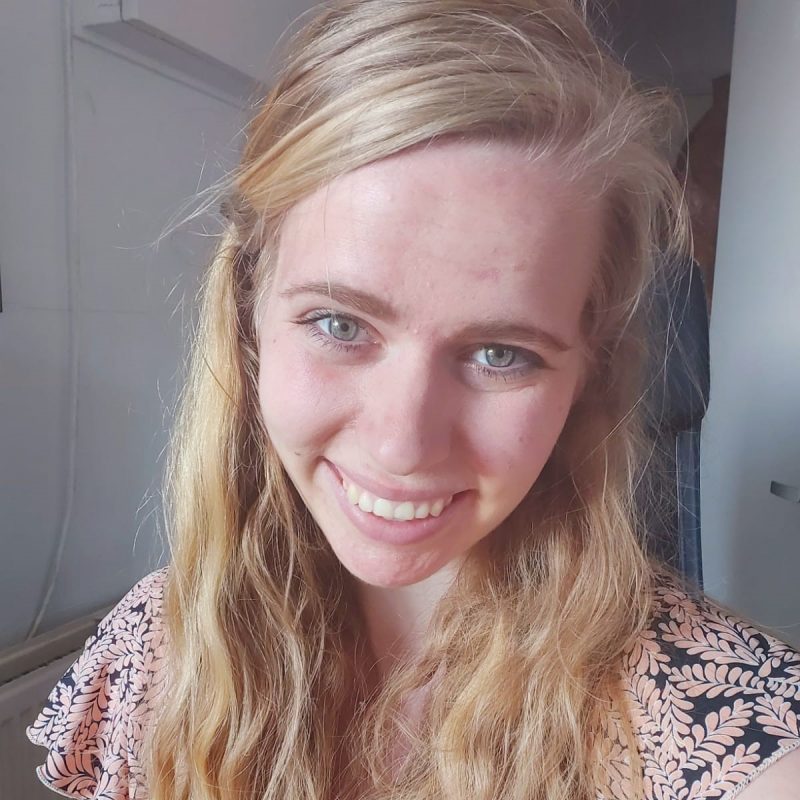
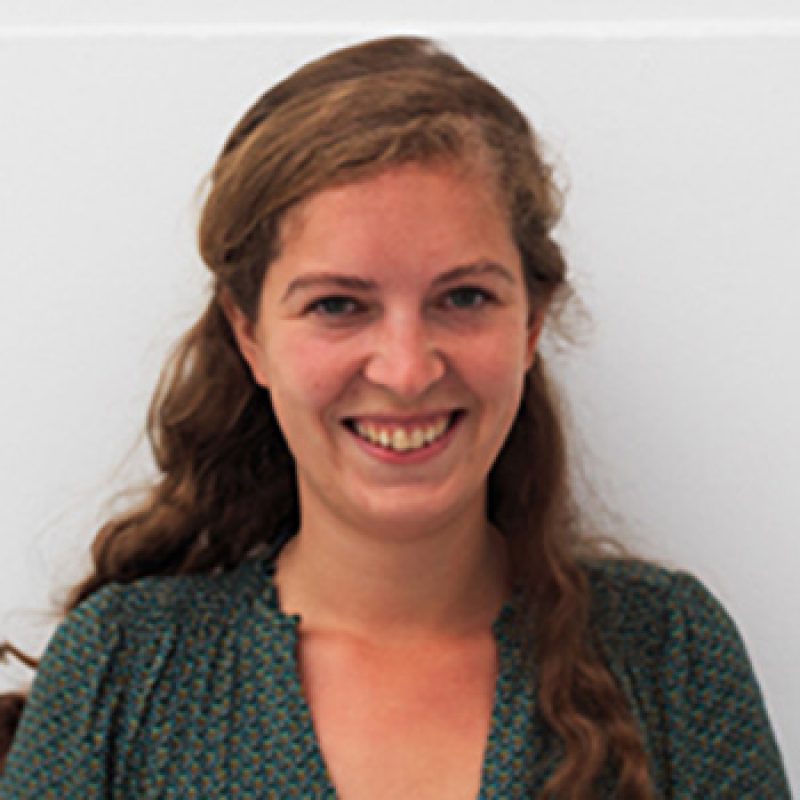

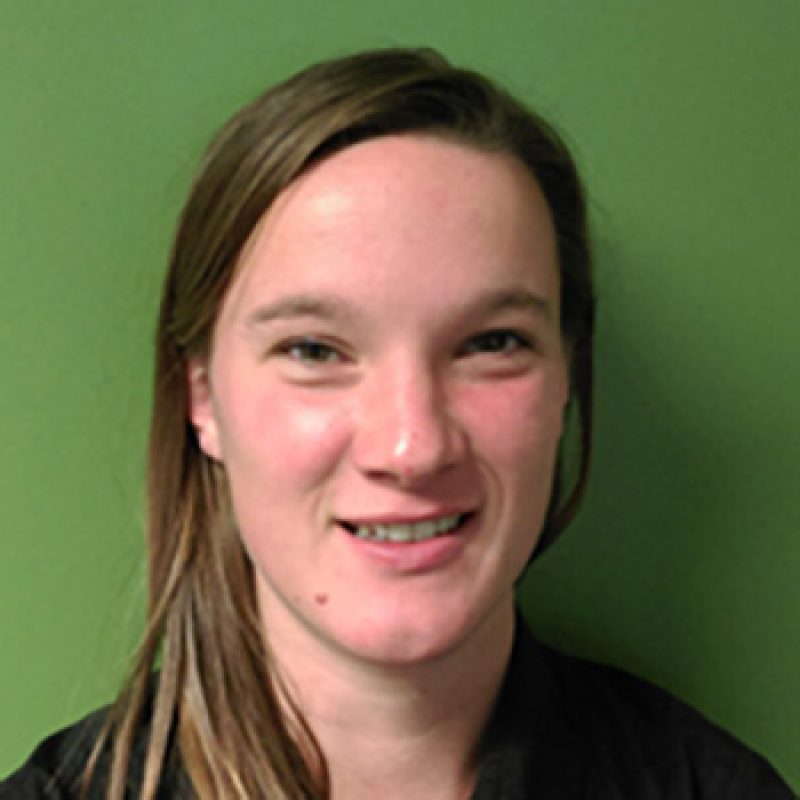
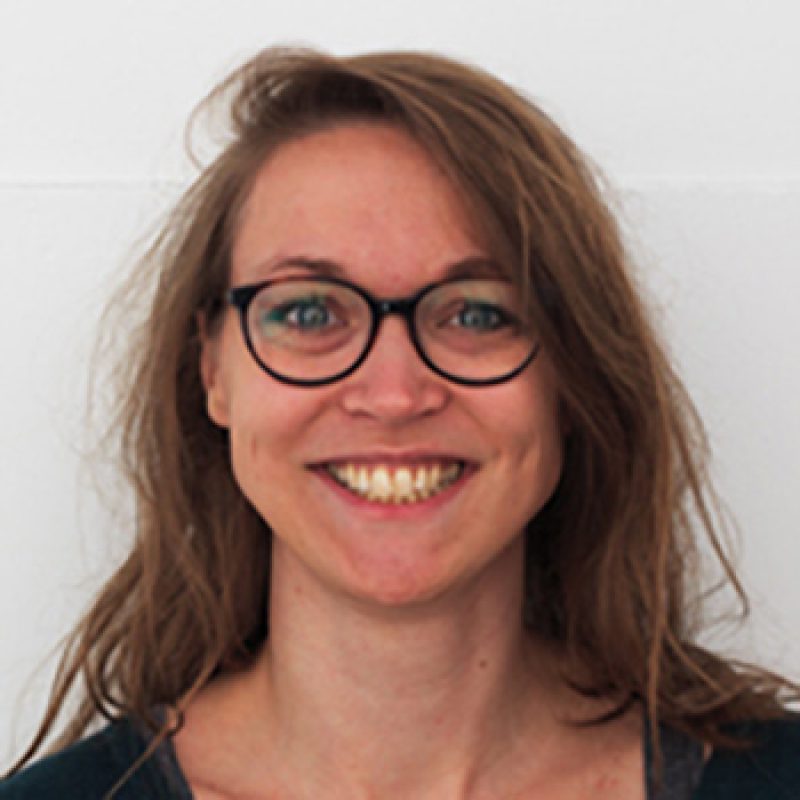
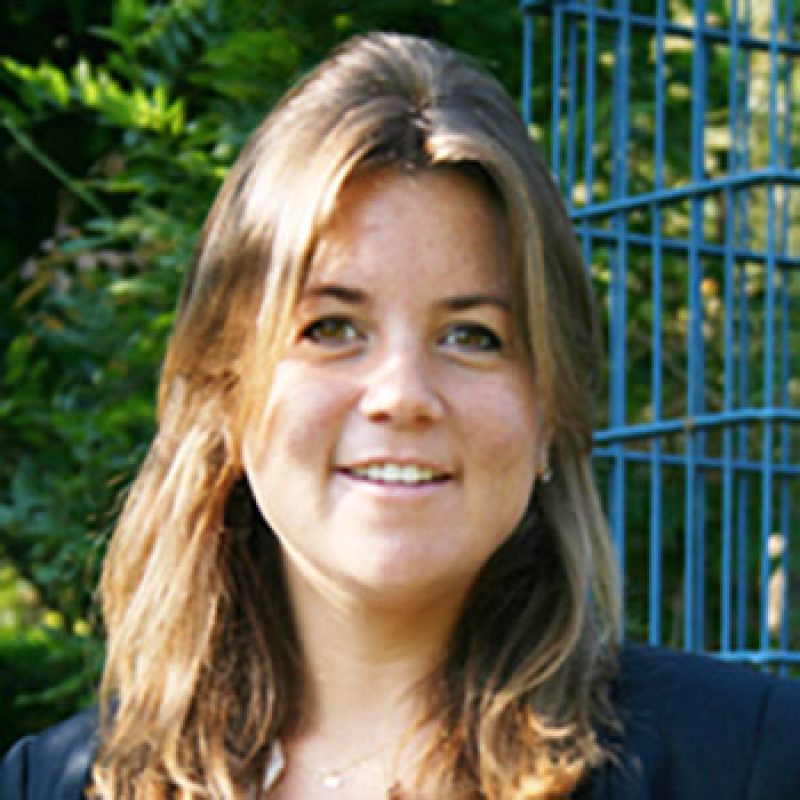
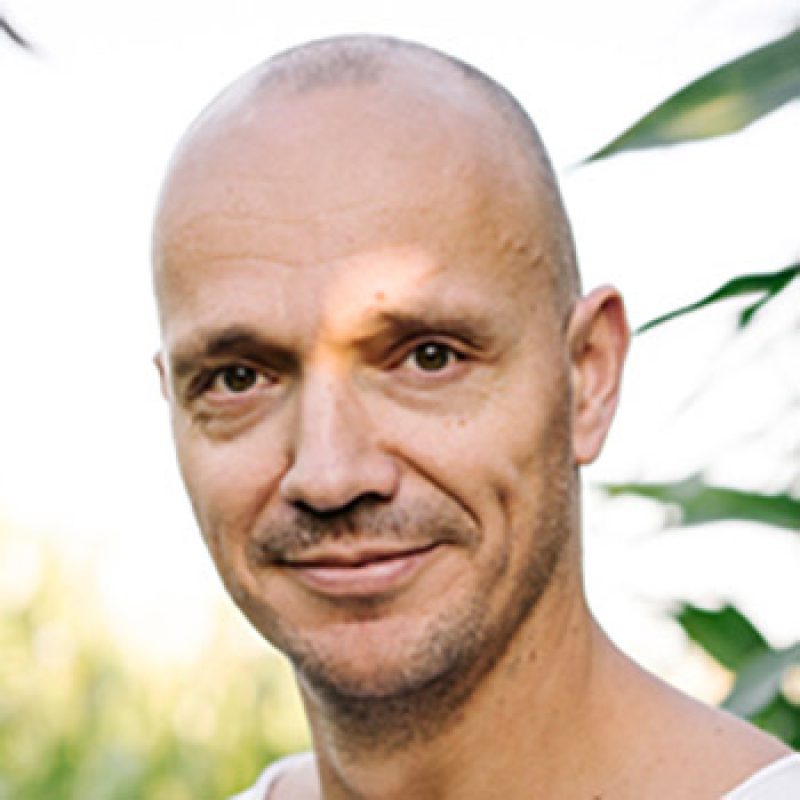
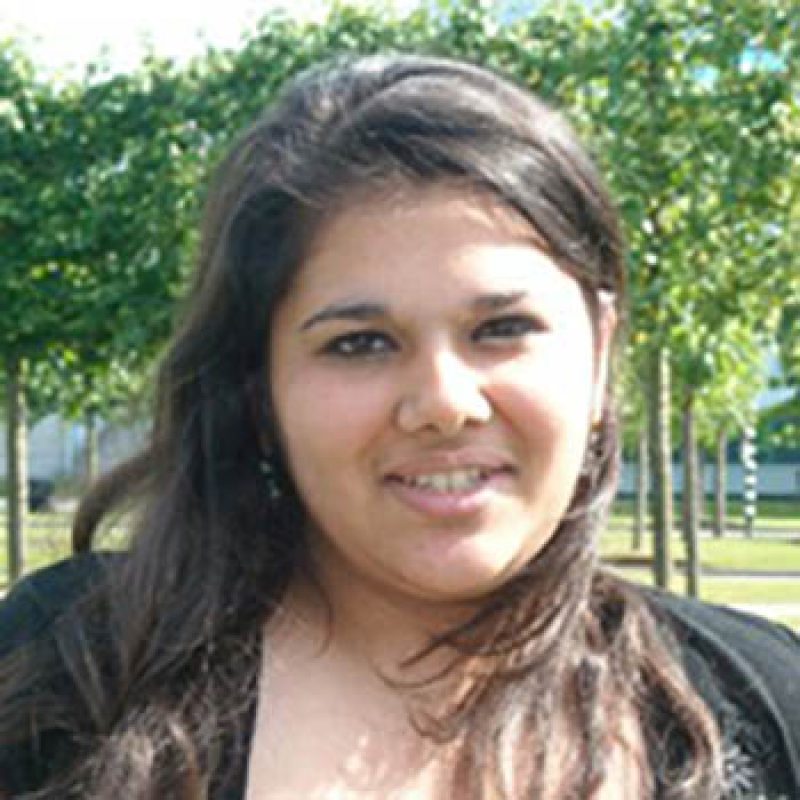
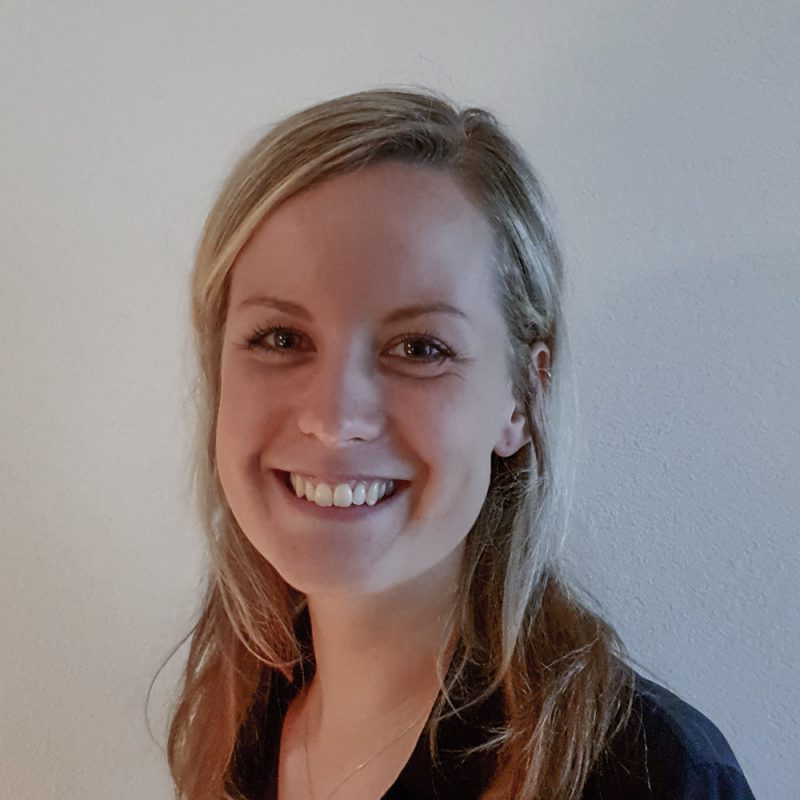
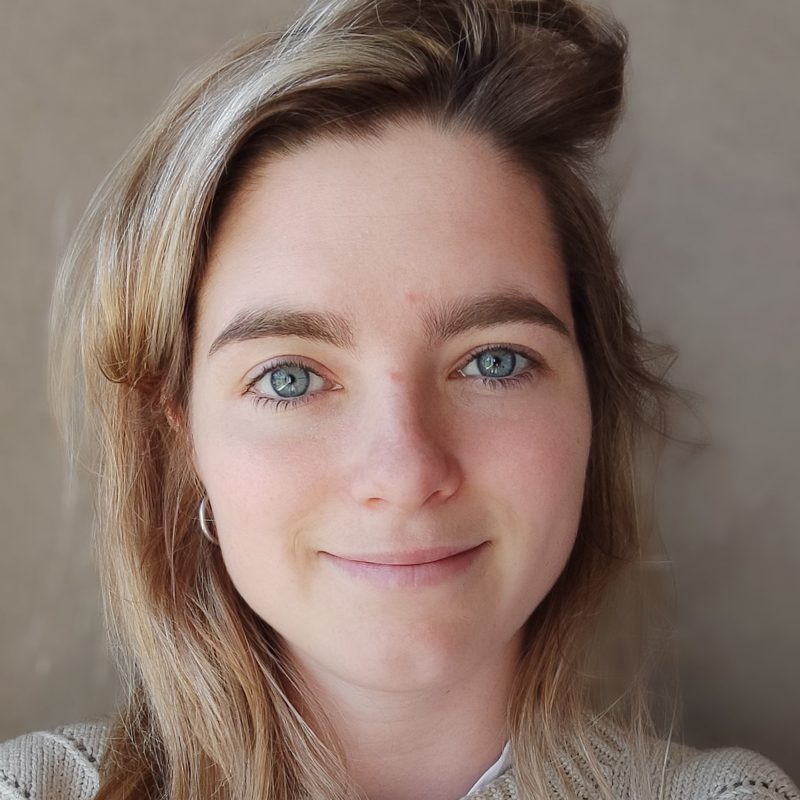
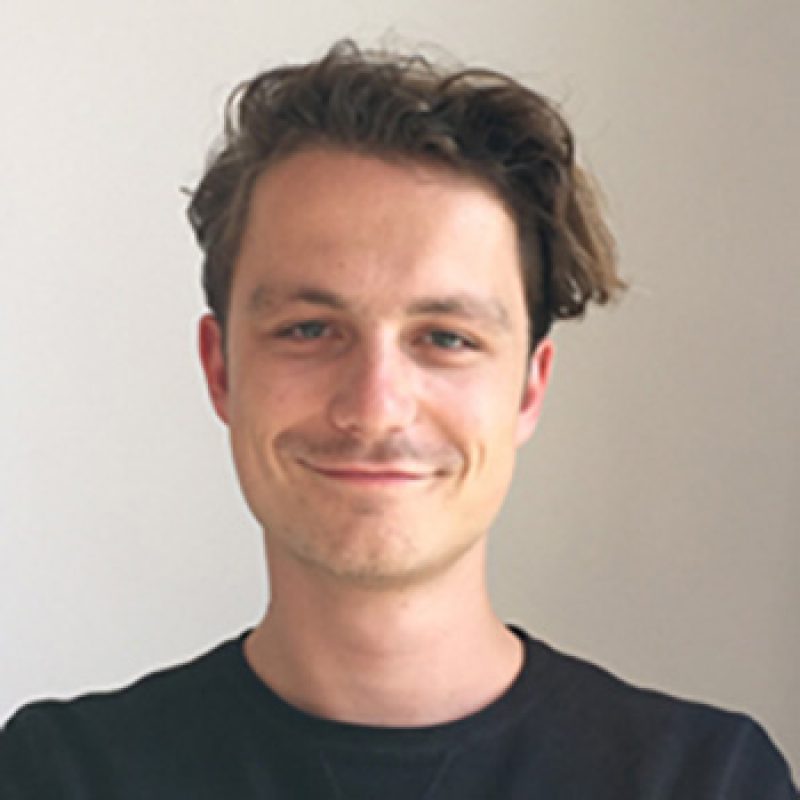
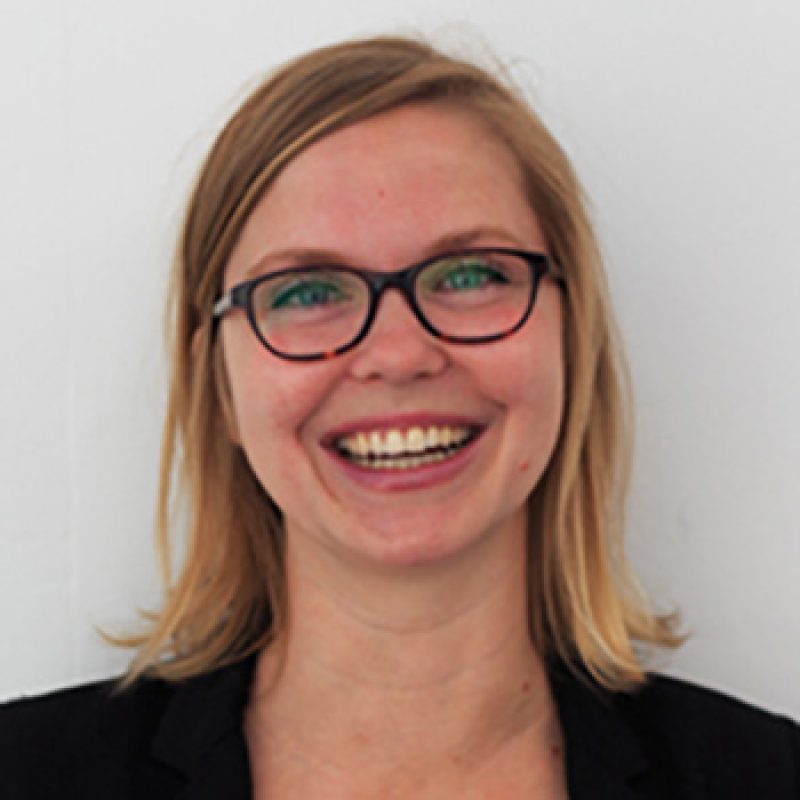
Ongoing projects:
| Grants | Year of award |
| Hersenstichting | 2018 |
| Stichting MS Research | 2018 |
| ZONMW, Goed Gebruik Geneesmiddelen GG2 | 2018 |
| Stanley Foundation | 2018 |
| QNRF NPRP11S-0119-180341 | 2018 |
| ZONMW, Goed Gebruik | 2017 |
Understanding Hallucinations is a collaborative efforts to investigate phenomenology, cognition and underlying mechanisms of hallucinating patients with diverse disorders. We have so far included participants with schizophrenia, affective psychosis, post traumatic stress disorder, personality disorder, Parkinsons’ disease, Alzheimers’ disease, dementia with Lewy Bodies, hearing loss, vision loss, delirium and post-surgical status. Such broad inclusion was possible through fruitful collaborations with the Alzheimer Center Vumc, Parnassia, Neurology Department UMCG and Diaconnessen and Antonius hospital.
Direct comparison of phenomenology was made possible by designing a questionnaire that can be used across diagnoses, see www.qpeinterview.com
In 2016 we launched a large online investigation together with Weekend van de Wetenschap (a national organization to stimulate public interest in science) and NEMO Science museum. Phenomenology of hallucinations is assessed through the website www.zieikspoken.nl and cognition is tested by measuring speed and accuracy on two tests. Drug use, sleep, loneliness and atopy is inquired and hearing loss is assessed. So far over 10.000 participants have completed this online test.
When patients experience auditory hallucinations, we see extensive activation of language production and perception areas of both hemispheres. Focal stimulation with transcranial magnetic stimulation and transcranial direct current stimulation can reduce activity in local areas directly underlying the skull. This study provides 10 treatment sessions in an attempt to decrease frequency and severity of auditory hallucinations. The study includes in UMCU, Parnassia and Bergen (Norway)
Antipsychotic medication is effective in preventing relapse after a first psychosis. However, long-term dopamine blockade produces undesired effects on cognition and motivation. The discontinue study balances advantages and disadvantages of maintenance treatment on the long run in 512 patients who reached remission after a first psychosis. This project is a collaboration of 22 large institutes in the Netherlands, joined in the Psychosis Consortium.
Following the important work of Dr. Oranje, assessing the influence of norepinephrine agonists on ERPs, this study adds low dose clonidine to standard antipsychotic treatment in order to improve symptoms and cognition. CATs study includes in UMCU, Altrecht and GGZ Centraal.
Two randomized control studies assess the safety and efficacy of augmentation with anti-inflammatory drugs in people with schizophrenia-spectrum disorder. The main outcome is symptom severity. Important secondary outcomes are general functioning, side-effects, brain volume, PK11195-binding (PET), peripheral inflammation and cognition. The simvastatine study includes in AMC, UMCG, GGZ Ingeest, Altrecht, Reinier van Arkel stichting, GGZ Centraal, Arkin and GGZ NoorHolland Noord. On May 11 a symposium is organized to celebrate the 100st inclusion. The prednisolone study is including in UMCU, Yulius, GGZ Delfland, ZN Antwerpen and Bergen (Norway).
It has long been known that women with schizophrenia have much better prognosis than men, but this advantage is lost after menopause. Several small studies found efficacy on symptoms and cognition of estrogen or estrogen derives. This study investigates the safety and efficacy of augmentation with raloxiphene in men and women with schizophrenia-spectrum disorders. The study includes in UMCU, AMC, GGZ Centraal, GGZ Eindhoven and ZN Antwerpen.
7-ECT for severe depression is the most effective treatment of all psychiatric interventions. Yet we only partly understand its mechanism of action. This study measures, structure, function and circulation of key brain structures before and after ECT in patients with unipolar and bipolar depression.
Our group is active in Dutch and international media. Please find a selection of our newspaper articles and TV and radio items.
In addition, we are proud to have produced five podcasts on several types of hallucinations. These are short stories told by the people who experience the hallucinations, followed by a brief psychiatric explanation. Maayke Klaver, M.Sc. created these podcasts in collaboration with NEMO and Kennislink.
You can listen to our podcast via Soundcloud:
For the UMCG podcastseries The Genezers(The Healers) we hear the story of Carolien Jansen who after suffering years from heavy depression is treated with Electro Compulsive Therapy. You can find this podcast here.
Our group regularly provides presentations about hallucinations, psychosis, focal stimulation, brain disorders or about specific projects. Some examples of presentations can be viewed through the links below.
For booking of presentation by Iris, please contact Speakers Academy.
Update your browser to view this website correctly. Update my browser now